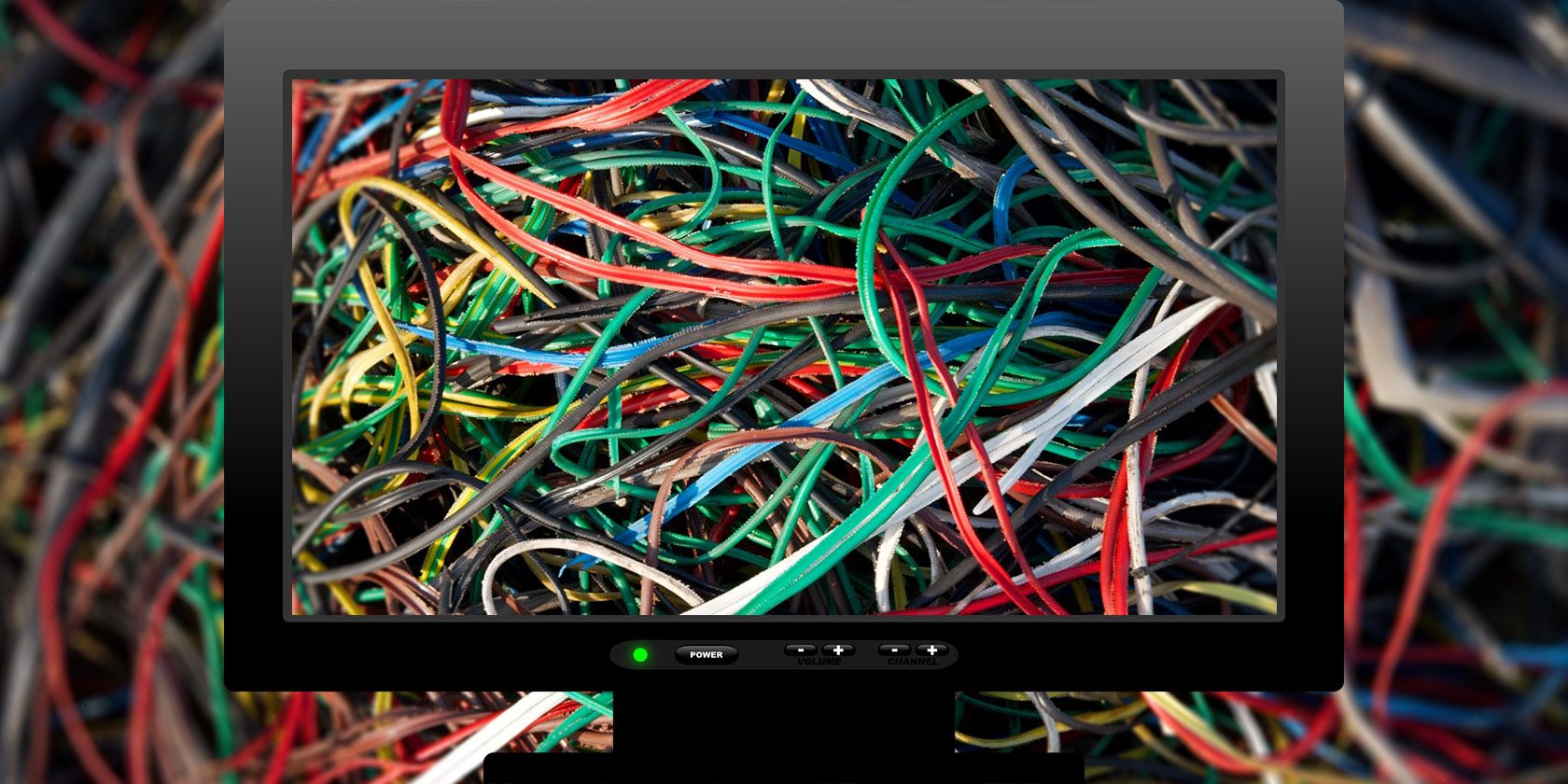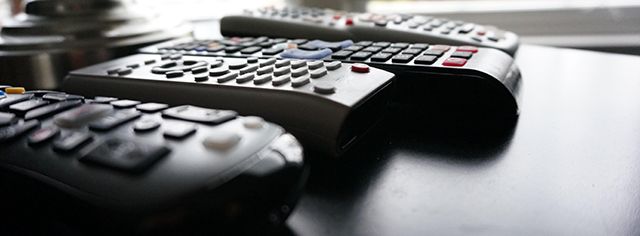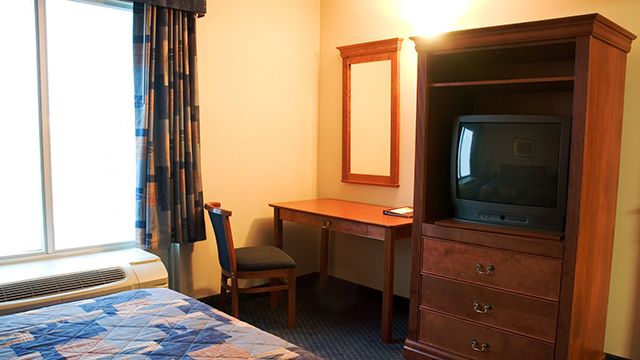If you don't watch sports, paying for cable is a waste of money. Cord-cutters know this well, of course. However, cord-cutting is an over-reported phenomenon.
The bigger trend is people who have never paid for cable, and never will: the cord-nevers. Adweek reports that by 2025 half of Americans won't pay for cable, and people who have never had cable are a big reason why.
This is often presented as being about money, and that is sometimes a factor: cable TV can easily cost upwards of $100 a month. But cord-nevers aren't usually skipping cable because they're cheap, or because they can't afford it: they're skipping cable because the Internet is better at video than TV ever was.
If you just want to watch something, right now, cable TV is a crappy way to do it, and cord-nevers know it. Here's what they have figured out, and what you can learn from them.
TV Channels Are Weird
Humans have a habit of confusing "familiar" with "intuitive", which is fair enough: once you know how to do something, it feels intuitive.
This is why longtime Mac users think Windows isn't intuitive, and vice-versa: they haven't spent years learning how to use the platform, so there's a lot of things they need to re-learn. People forget that at some point they learned their Mac-specific habits, and unfairly blame the need to learn new ones on Windows.
We all do this, without realizing it. So if you grew up watching cable TV, you probably think it's the simplest way to watch things: turn on the device, then change channels until you find what you want. But this is only intuitive to you because you know how to do it – because it's familiar.
To cord-nevers, cable TV isn't intuitive at all. To start, you can only watch shows when they're "on" – a concept that seems simple, but only because you learned it at some point.
You need to work out if something you want to watch is "on", and you need to know what "channel" is broadcasting it. Channels seems intuitive, because you're used to them, but they're actually kind of weird, being 24/7 video streams that, unlike online video, only show particular shows at particular times.
Because there are so many channels, and all of them broadcast different things at different times of the day, you need some sort of reference to work out what is on when.
For a long time this meant checking the newspaper, or a dedicated magazine, but most televisions now have a built-in interface you can browse – slowly. These generally include channels that you can't watch, because you're not paying for them, and various other bits of irrelevant information you just have to sort through.
YouTuber Hank Green outlined just how frustrating this all is:
Cable Isn't Intuitive: It's Insanely Complex
Cable isn't intuitive: it's a complex system that you're used to. Compare this to Netflix or Hulu, where you just search for what you want to watch and then watch it until you run out of episodes, and the idea of watching a "channel" when something is "on" seems unnecessarily complicated. And all of this isn't even mentioning the Byzantine "bundling" system you need to navigate just to set cable up.
Cable doesn't just cost more than online video: it's worse.
Sure, you could set up a DVR to watch shows whenever you want, but that's just adding even more complexity to an already complex system.
Instead of watching something when it comes out by streaming it directly, you're recording it from a 24/7 stream to your own hard drive – meaning you've now got to program a piece of scheduling software and manage files on a hard drive. I'm not saying it's rocket science, but it also isn't intuitive: just familiar.
This isn't to say Web video isn't complicated: certain shows are only on certain services, and it can be hard to work out what's where. Amazon's video service doesn't work on Chromecast, for example, and there are tons of other inconsistencies like that.
However, whereas online video is increasingly easier to use, cable seems to be getting more complicated over time. New layers of complexity are bundled on top of an obsolete system.
Personally, every time I visit a hotel I'm amazed at how complicated it is to find anything worthwhile on TV. I usually give up, then fire up my laptop if I feel like watching something – ignoring the big screen across the room.
I'm not alone: for an increasing number of people, the simplest way to settle in for the night and watch something isn't cable: it's Netflix, or a similar video service. Learning the complex system that is cable television wouldn't make watching things easier for them, and that's why they're not interested.
This is why I think SlingTV isn't the future of television: it's built around channels, and channels are an anachronism. Increasingly people don't care about channels: they care about shows.
Commercials Are the Worst
You probably don't love commercials, but you put up with them – despite paying for cable. Netflix doesn't have commercials, and when you're not used to them, commercial interruptions are jarring. Kids who grow up with Netflix won't have the patience for them.
It seems like even Comcast is aware of this: NBC, its subsidiary, is launching a commercial-free comedy service later this year so you can binge-watch comedy shows like Monty Python, Saturday Night Live, and The Office without ads.
Hulu, a collaboration between several broadcast networks, also offers an ad-free service. Cord-nevers hate commercials, and media companies are starting to figure this out.
Cable Is Terrible Tech With Great Content
It would be crazy to say that cable doesn't offer anything of value: there are all kinds of shows you can't watch without it, at least not without waiting. And trying to watch sports without cable is convoluted at best.
However, none of this is because cable television is a good technology: it's all to do with licensing. Basically, right now, TV channels – with all their unnecessary complexity and mood-killing commercials – are the entities that are paying for the rights to most content.
This is temporary. Netflix, Amazon, and Hulu are all ramping up their original programming efforts, and HBO Now is already available without cable. In the longterm, cable TV as we know it will cease to exist, and Web TV will win. In the short term, you can get a much better entertainment experience by ditching cable early, and cord-nevers can show you the way.
Cable sucks, and the younger generation has realized it's a relic of the past that is no longer necessary. It's for this reason, and this reason alone, that they'll never get cable TV, and why you should cancel it sooner rather than later.
Do You Agree That Cable TV Sucks?
Let's talk more in the comments below.
If you have cable, let me know what you like and don't like – and ask any questions you might have. If you're a cord-cutter, talk about what you do and don't miss. Or, if you're one of the growing number of cord-nevers, let's talk about which Internet services you use instead.
I'm personally pretty happy with the PVR I set up to record free broadcast TV, and the alternative sites for watching shows I've found, but I'm sure you have other tips to share with the group.
Image Credits: Big pile of cables by Peter Gudella via Shutterstock




